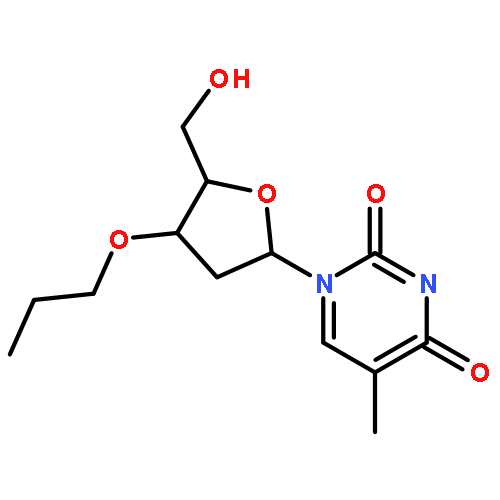Co-reporter: Nicole L. Williams, Pengcheng Wang, Jiabin Wu, and Yinsheng Wang
pp: 669
Publication Date(Web):March 22, 2016
DOI: 10.1021/acs.chemrestox.5b00509
Environmental exposure and endogenous metabolism can give rise to DNA alkylation. Among alkylated nucleosides, O4-alkylthymidine (O4-alkyldT) lesions are poorly repaired in mammalian systems and may compromise the efficiency and fidelity of cellular DNA replication. To cope with replication-stalling DNA lesions, cells are equipped with translesion synthesis DNA polymerases that are capable of bypassing various DNA lesions. In this study, we assessed human DNA polymerase η (Pol η)-mediated bypass of various O4-alkyldT lesions, with the alkyl group being Me, Et, nPr, iPr, nBu, iBu, (R)-sBu, or (S)-sBu, in template DNA by conducting primer extension and steady-state kinetic assays. Our primer extension assay results revealed that human Pol η, but not human polymerases κ and ι or yeast polymerase ζ, was capable of bypassing all O4-alkyldT lesions and extending the primer to generate full-length replication products. Data from steady-state kinetic measurements showed that Pol η preferentially misincorporated dGMP opposite O4-alkyldT lesions with a straight-chain alkyl group. The nucleotide misincorporation opposite most lesions with a branched-chain alkyl group was, however, not selective, where dCMP, dGMP, and dTMP were inserted at similar efficiencies opposite O4-iPrdT, O4-iBudT, and O4-(R)-sBudT. These results provide important knowledge about the effects of the length and structure of the alkyl group in O4-alkyldT lesions on the fidelity and efficiency of DNA replication mediated by human Pol η.
